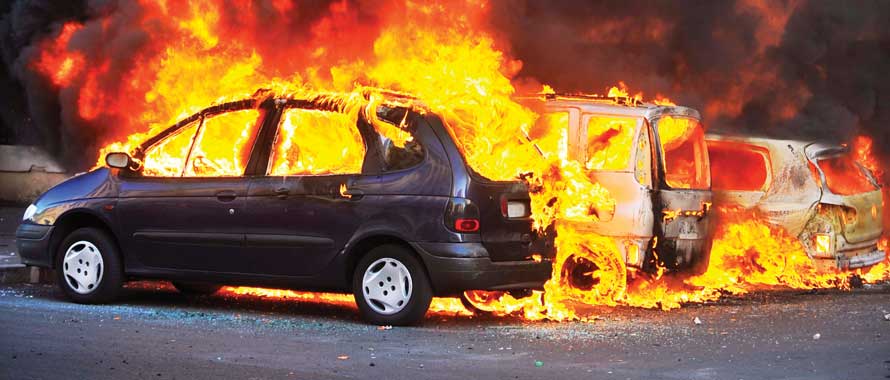In 2002, President George W. Bush signed the Terrorism Risk Insurance Act (TRIA) into law. Since that time, the act has gone through three extensions. Most recently, President Obama signed the Terrorism Risk Insurance Program Reauthorization Act (TRIPRA) into law, after much debate.
“At the end of 2014, legislators were in disagreement, and voting to renew TRIA was repeatedly blocked,” said Benjamin Sirmon, Underwriter with Global Excess Partners in New York, NY. “Once TRIA expired, we saw a flood of Standalone Terrorism insurance submissions as many businesses were fed up with the uncertainty.”
TRIA renewed 12 days after it expired on January 12, 2015, extending the term through December 31, 20201. The deluge of requests for Commercial Terrorism insurance led to several questions about coverage and the differences between standalone coverage and TRIPRA.
“Brokers and agents were coming to us thinking that we simply provided TRIA at a different price,” said Timothy Guiltinan, Executive Vice President, Global Excess Partners. “This misconception led us to a greater conversation about the differences and the need for standalone Commercial Terrorism coverage.”
Lalita Mohabir, National Product Leader, Personal Accident with Burns & Wilcox Canada in Toronto, adds, “Commercial Terrorism insurance is an undervalued policy. It covers physical property damage and business interruption expenses resulting from terrorist acts, war, malicious damage, strikes, riots and civil commotions.”
Terrorism must be declared for TRIPRA
The Boston Marathon bombing on April 15, 2013 was a terrorist attack in every sense of the word, but was not defined as such by the U.S. Treasury2. Under TRIA–and, now TRIPRA–federal statute articulates that to be declared an act of terror, claims must be in excess of a $5 million threshold.
“The Boston Marathon bombing caused approximately $1.9 million in damages. Businesses that chose to purchase coverage through the government program (TRIPRA) were left without reimbursement for damages,” said Sirmon. “The changing tide of terrorism to lone wolf attacks has expanded the need for businesses to obtain Commercial Terrorism policies in the surplus lines market.”
Small scale attacks affect coverage
Terrorist methodology is changing, and the amount of attacks has grown. However, the scale in which they are carried out has been greatly altered. The terrorist attacks on the World Trade Center, September 11, 2001 in New York City cost an estimated $55 billion in physical damage and $22 billion in business interruption3.
“Often, terror attacks today cost in the thousands of dollars in damage, as opposed to billions in the case of the World Trade Center attack on September 11 in New York City,” said Guiltinan. “When TRIA was created, it was set up to cover large scale attacks, prompted by September 11th.”
Isolated terrorist attacks such as the Orlando night club shooting were devastating for the loss of human life and medical costs, yet physical damage and business interruption costs were far below the threshold for TRIPRA. These damages would be covered under a Standalone Commercial Terrorism policy.
Benefits of standalone terrorism insurance
“Commercial Terrorism coverage is superior, as there is nothing TRIPRA offers that standalone insurance does not provide – without the high damage threshold,” said Sirmon.
The definition of Commercial Terrorism insurance has a very clear description. Standalone Commercial Terrorism insurance is based on the language of a property form.
Sirmon adds, “Not only is standalone insurance broader than TRIPRA, it is also less expensive in almost all non-high hazard zones.”
Commercial Terrorism can also be added onto several other products that an insured may already have including Commercial General Liability, Kidnap and Ransom, Property, and other commercial insurance products that cover assets.
“TRIPRA does not cover loss of human life, medical expenses or bodily injury,” said Mohabir. “This would be additional coverage that is needed through the accident health market.”
Terrorism is something that business owners may think will never involve their business. If it does and they bought TRIPRA, businesses may not be covered adequately, unless the attack meets the government’s strict requirements. Mohabir adds, “Commercial Terrorism insurance outside of TRIPRA is a discussion topic that brokers and agents can bring to their commercial clients’ next risk assessment.”





